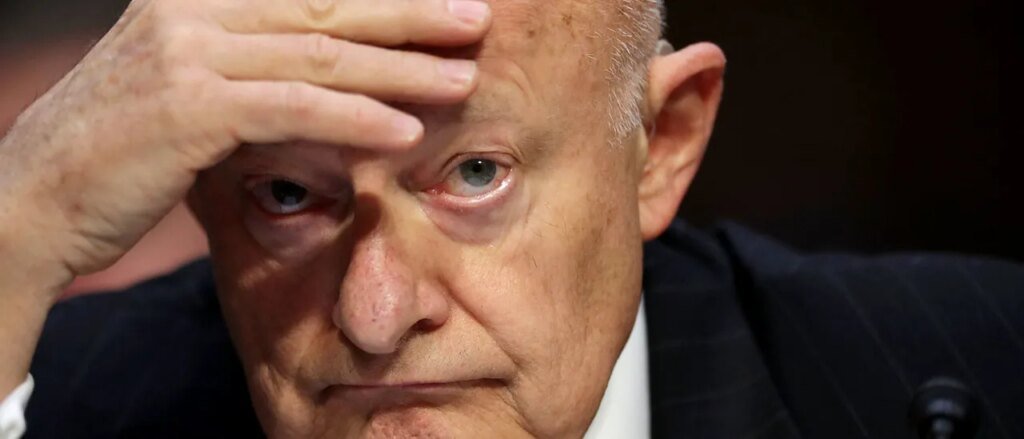In an email shared on Wednesday, former Director of National Intelligence Tulsi Gabbard highlighted that James Clapper, the previous DNI, dismissed the concerns raised by former NSA Director Mike Rogers. This exchange seems to bolster the claim that Russian President Vladimir Putin had a clear preference for Donald Trump during the 2016 election, and that there was interference in that election.
The email touches on the 2017 Intelligence Community Assessment (ICA) regarding Trump and Russia, which both Clapper and Rogers referenced. It’s worth noting that discussions about Russian interference have been contentious, with various narrative twists complicating the story. Rogers expressed unease regarding the urgency and compartmentalization involved in producing the ICA. He raised alarms about whether some NSA analysts could thoroughly evaluate the intelligence in the limited time allotted.
Clapper was unavailable for comment. He noted, “I’ve just returned from overseas and have been briefed on the ongoing efforts tied to the Russian-related hacking of the DNC/DCCC. Things are progressing rapidly.” However, his message also conveyed some worries: “People are trying to ensure everything is assessed properly, but the fast pace has left some feeling they don’t have enough time to review all the intelligence thoroughly.”
Additionally, if the NSA is supposed to contribute to this report, he expressed hope that sensitive evidence related to the conclusions would be shared personally with him. Clapper, without defending the intelligence at its core, appealed instead to the notion of teamwork among agencies.
“It’s vital for us—or the CIA, NSA, FBI, and ODNI—to be aligned and support the report. It’s part of the tradition,” Clapper said. He encouraged promoting transparency but acknowledged the tight schedule: “With the compressed timeframe, compromises are necessary.” He concluded his thoughts by emphasizing the need for a collaborative effort.
Recently declassified documents from Gabbard have shown that intelligence officials under President Obama appeared to have manipulated raw intelligence reports to construct a narrative. Reports indicated that Putin supposedly preferred Trump, allegedly aiming to undermine Hillary Clinton’s campaign. Many of these documents had remained under wraps for years at CIA headquarters.
The so-called “Russian hoax” narrative has led to years of misinformation, with Clapper’s email reinforcing the idea that there were orders to create specific intelligence outputs. The ICA, technically approved by key intelligence agencies, was primarily drafted by five CIA analysts under John Brennan. While the NSA suggested Putin had moderate confidence in supporting Trump, the FBI and CIA expressed this belief with high confidence.
Analysts involved were part of a “fusion cell” set up by Brennan to delve into the Russian interference issue. They rushed changes to the intelligence ratings in a matter of days before Christmas. Brennan additionally withheld some sensitive and unverified intelligence reports from other branches during a two-day review process.
Newly released documents from Gabbard detail various intelligence agencies’ involvement in the ongoing investigations into the “Russiagate” saga. Her advisors are working to make more public interest documents available and address transparency within the intelligence community.







